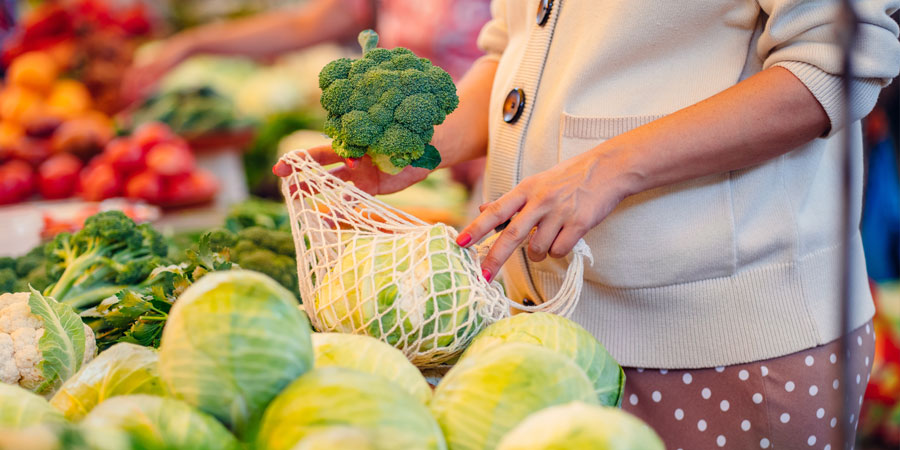WIC Program : almost 50 years of promoting the health of low-income families
Editorial

As the global community continued to grapple with COVID-19, the United States (US) faced additional complications unique to the nation. In addition to the continued pandemic, the US was dealt a major blow with a nationwide infant formula shortage. Resulting from Abbott Nutrition, a major US infant formula manufacturer having to shut down one of its plants, many families struggled to obtain formula for their infants due to the crisis.
Among the programs that provided steadfast support to participants despite emergency after emergency was the Special Supplemental Nutrition Program for Women, Infants, and Children (WIC). Operating as a social safety net for US families, WIC has provided healthy food, breastfeeding support, referrals to health and social services, and nutrition education to income qualified families with nutritional needs for nearly 50 years. Administered by the United States Department of Agriculture (USDA), WIC serves over 6.3 million low-income women, infants, and children between the ages of 1 and 5. WIC is the nation’s premier public health nutrition program.
WIC agencies nationwide labored tirelessly as the pandemic continued to impact the country by implementing extended COVID-19 waivers for various aspects of the program including substitution flexibilities to the food package so that families could continue receiving benefits. Furthermore, WIC agencies vigorously advocated for their participants’ access to infant formula, issued infant formula waivers, and provided referrals to help meet participant infant formula needs.
In the face of these challenges there were also victories. WIC participants now enjoy an increased value to the cash-value benefit (CVB) which is spent exclusively on vegetables and fruits. Made available during the pandemic, the CVB which offered $9 for children and $11 for pregnant, postpartum and breastfeeding women was increased to $24 for children, $43 for pregnant and postpartum women, and $47 for fully breastfeeing women thus bringing it into alignment with recommendations made in the National Academies of Sciences, Engineering and Medicine’s (NASEM) 2017 WIC food package report. Additionally, the WIC community anticipates USDA’s release of an interim food package rule based on NASEM’s report which will further strengthen the nutritional integrity of the program’s food package.
The National WIC Association (NWA) played a critical role in leading advocacy efforts in all these areas. Whether the pandemic, a national infant formula shortage, increasing the value of the CVB, or urging USDA to drop an interim food package rule, NWA has relentlessly represented the WIC community and advocated for the health of the program’s women, infants and children. As the non-profit education arm and advocacy voice of the WIC program, both the mothers and young children served by WIC, and the 12,000 service provider Agencies who are the front lines of WIC’s public health nutrition services, NWA works to assure and support policies that improve infant, child and maternal health.
Therefore, we are pleased to share with you three research articles that demonstrate the positive impact that WIC has on participant health outcomes:
- SNAP and WIC Participation During Childhood and Food Security in Adulthood, 1984-2019
- Objective and perceived barriers and facilitators of daily fruit and vegetable consumption among under-resources communities in Central Texas
- Maternal, Infant, and Child Health Outcomes Associated with the Special Supplemental Nutrition Program for Women, Infants, and Children
Darlena began her career in the WIC program at the local agency level. Working in a rural county of 8,600 residents on the Arizona-New Mexico border, she worked as the local agency’s WIC director and Registered Dietitian before moving to the Arizona WIC state office in Phoenix. In a continuous effort to explore and expand her horizons, Darlena then moved from the West coast to the East coast where she worked as the Training Center Nutritionist with the Maryland WIC state office. Currently, Darlena is responsible for managing NWA’s nutrition and breastfeeding activities which includes representing the Association on various committees both inside and outside the organization, developing public comments, participating in the Association’s advocacy efforts, and assisting in the review of research/studies as it relates to nutrition and breastfeeding.

